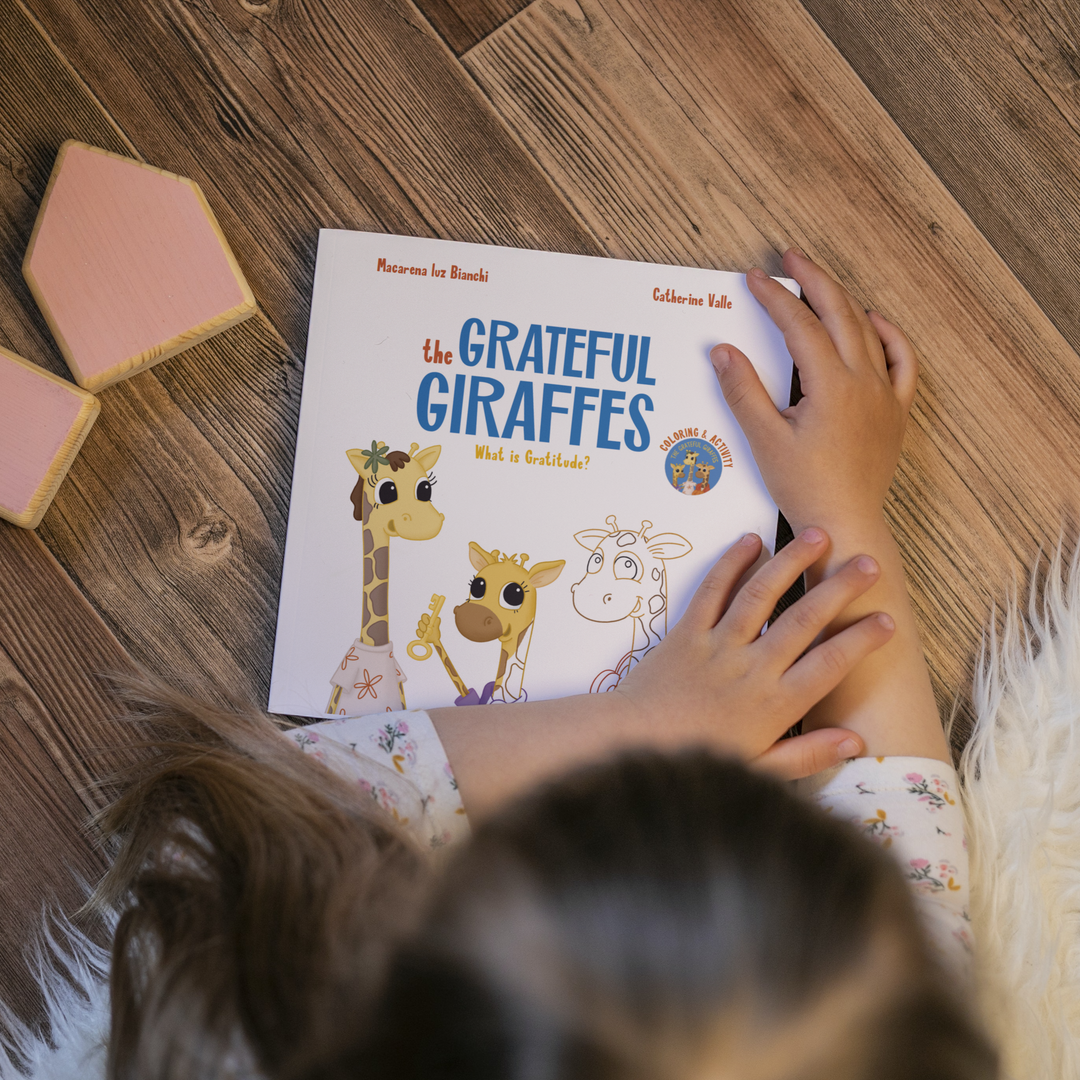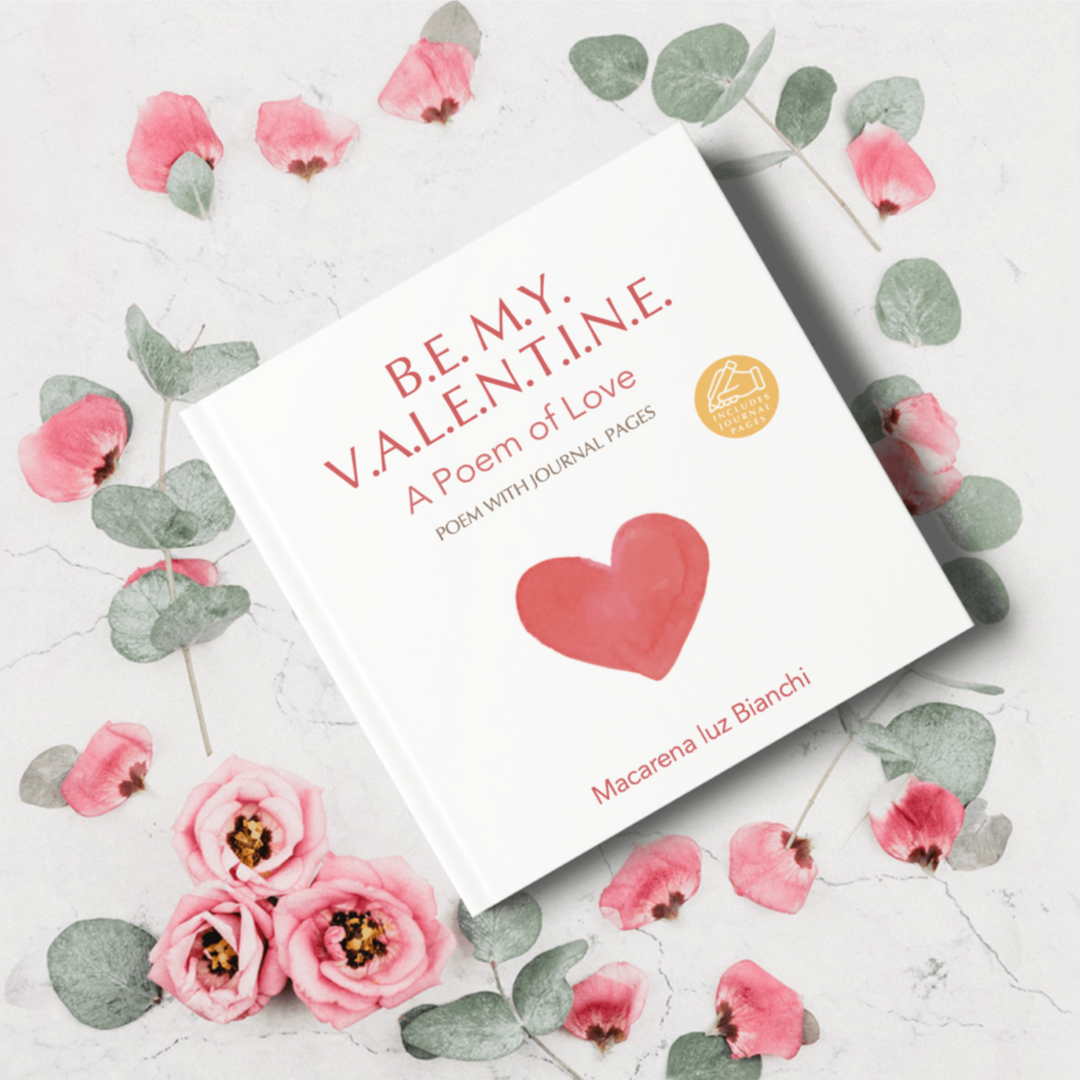3 Ways to Help You Heal from Heartache and Loss
Losing someone you love is one of the most painful experiences imaginable. It can feel like your heart has been ripped out of your chest, and the grief can be overwhelming. But it's important to remember that light does shine at the end of the tunnel, and you can heal from your heartache and loss.
Here are three ways to start the process:
1. "Lean on Me."
When you're experiencing loss or grief, it's natural to feel isolated. It's natural to need alone time, but you don't need to feel lonely because there are people who care for you. Your inner circle wants to help you through tough times. So, allow them to offer support. Talk about how you're feeling with those you trust. Accept hugs. It's okay to lean on others for help. In time, perhaps you will be the one offering a shoulder to cry on.
2. "Talk it Out."
It's normal to feel overwhelmed after experiencing a loss. Whether you're grieving the death of a loved one, the loss of a job, or something else, finding an outlet for your vulnerable feelings is essential. Talking to someone who will listen without judgment can be incredibly helpful. However, if you feel afraid to open up, trust your instincts, especially if you are uncertain about trust or if the relationship has ever been toxic. Still, it is essential to talk to someone who can be trusted. It is important to be safe when you feel vulnerable. Consider seeing a therapist. Therapists are trained to provide counseling and therapy services that can help you work through your grief. The important thing is this: Don't try to bottle up your feelings—reach out for help when needed.
3. "Write it Down."
It can feel like the weight of our emotions is too much to bear. However, writing in a journal can be a helpful way to process your thoughts and feelings. In a journal, we can say whatever we want without feeling judged or misunderstood. We can pour out our hearts, and no one has to see what we have written unless we share it. Additionally, journaling can be a form of self-care. It can help us release our emotions constructively and give us a sense of control during a time when we may feel like our lives are spiraling out of control.
Additionally, we can use our journals to track our progress as we work through our grief. Each day, we may not feel like we are making any progress, but looking back at previous entries can help us to see how far we have come—worried about writing? Journaling does not have to be all words; we can also express ourselves through drawings and doodles. There are no rules for journaling—the only rule is that there is no wrong way to do it. So go ahead and play with the possibilities.
Grief is a process that takes time. It's important to be gentle with yourself and to allow yourself to feel the range of emotions that come up after a loss. There are many ways to heal, and the path through grief is unique for everyone. These are just some suggestions to help get you started on your journey. Remember, you are not alone in this. Lean on others for support, talk about your feelings, and write down what you're thinking and feeling. The healing process begins when we acknowledge our pain and work through it bit by bit. We hope these tips help you find peace and start the healing process after a devastating loss.
PS. Grieving is challenging, and so is knowing how to comfort your friends when they suffer. That's why I wrote Sympathy: A Poem of Solace.








